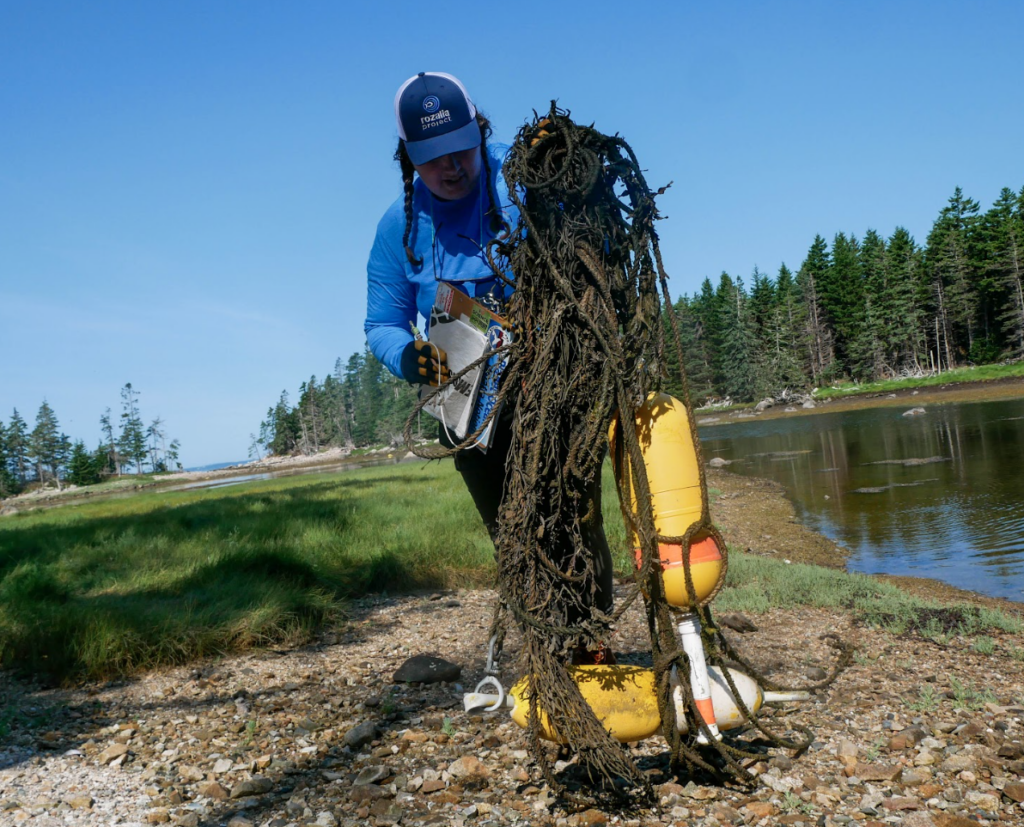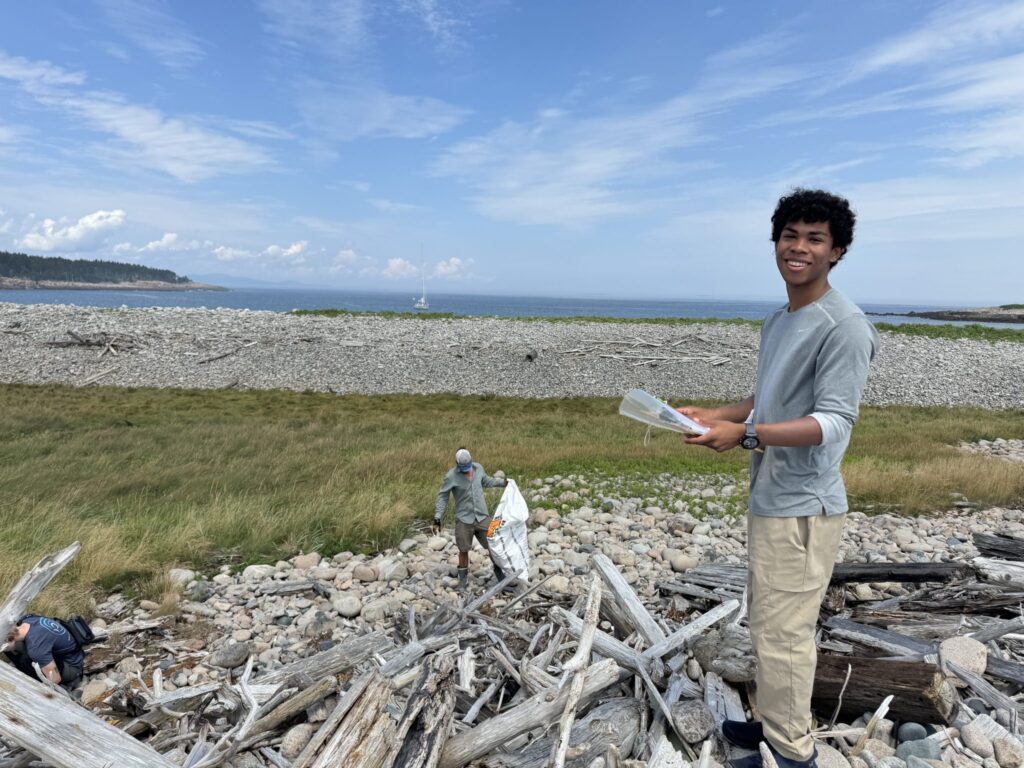When Brooklyn Prospect High School teacher Brannon O’Connor learned about a chance to join a research and cleanup expedition aboard a yacht off the coast of Maine, she knew she had to apply. The opportunity was offered through the Rozalia Project, a non-profit dedicated to fighting ocean pollution through hands-on cleanup efforts and data-driven advocacy.
O’Connor, who teaches Environmental Science and Systems (ESS), and recent BPHS graduate Marcus Sherriff (CO ‘24) embarked on the six-day adventure aboard the American Promise, a sailing vessel that served as their home and research base. They spent their days collecting and analyzing marine debris, contributing valuable data to Rozalia’s ongoing efforts to protect our oceans.
We interviewed the pair about their experience. Sherriff joined from Ann Arbor, MI, where he is a first-year students at the University of Michigan.
Prospect Schools: What inspired you to apply for this trip?
Brannon O’Connor: As an ESS teacher, I’m always looking for ways to bring real-world experiences into the classroom. The Rozalia Project offered a unique opportunity to combine hands-on conservation work with data collection and policy advocacy.

O’Connor clearing some ocean debris on the trip. [All photos courtesy of The Rozalia Project]
Prospect Schools: Were you surprised that the BPHS alum on the trip was Marcus Sherriff since you knew him since he was a students at Clinton Hill Middle School?
Brannon O’Connor: Marcus is an exceptional student, and he truly impressed the Rozalia Project team. They were so impressed, in fact, that they’re now more open to bringing younger volunteers on board – they’re calling it the “Marcus Standard!”
Prospect Schools: What was the most surprising thing you learned during the expedition, Marcus?
Marcus Sherriff: Seeing the extent of the trash firsthand was eye-opening. You hear about it in the news and in class, but it’s different when you’re out there in the hot sun, collecting two tons of debris in a single day!

Prospect Schools: How will this experience influence your teaching, Brannon?
Brannon O’Connor: This trip reinforced the power of data-driven advocacy. In ESS, we encourage students to think about systemic change. The Rozalia Project demonstrates how data collected on the shoreline can directly influence policy. It wasn’t just a beach cleanup trip. They are going through and painstakingly collecting data. In the pictures where you see Marcus with a clipboard, he is tallying down every piece of trash we picked up. As he said, in one day, we picked up two tons of marine debris.
One of the things that we would find is dock foam—which is placed around docks to act as a barrier when the boats come up. That dock foam disintegrates into just thousands of little pieces. The founder of the Rozalia Project was able to go to Washington and say, “Hey, we are finding thousands, if not millions, of pieces of this dock foam. We need to change policy … so they’re not breaking down and entering waterways.” And she was able to do that. The data was used to pass the Dock Foam Encapsulation Bill on the books in Vermont.
Prospect Schools: What’s one thing you want BPHS students to take away from your experience?
Marcus Sherriff: Anyone can make a difference. Whether you’re collecting data on a boat or simply choosing a reusable water bottle, your actions matter.

